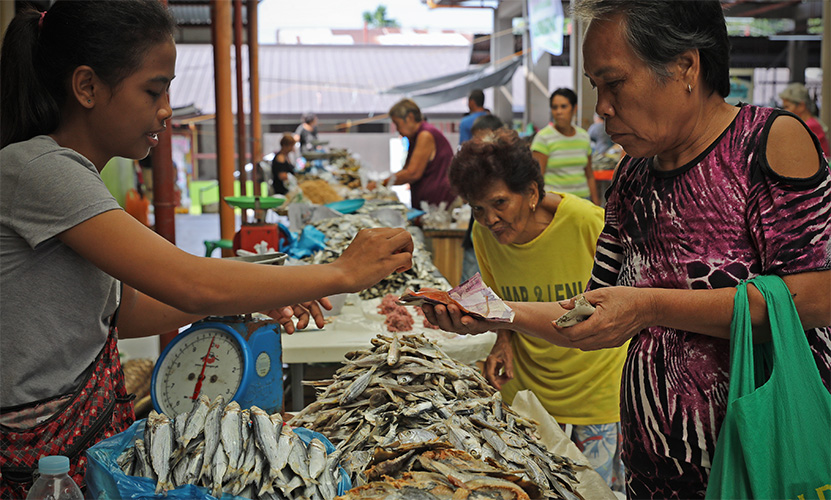Senator Win Gatchalian expresses opposition to the proposed repeal of the 2% special tax rate for microfinance non-government organizations under the Passive Income and Financial Intermediary Taxation Act (PIFITA), the fourth tranche of the Department of Finance’s (DoF) comprehensive tax reform program.

Gatchalian says microfinance NGOs have been instrumental in providing low-interest, no collateral loans to poor vendors and other micro businesses and warns that to ensure their sustainability, any additional tax burden might be passed on to poor families and they may resort back to the “five-six” lending of loan sharks.
Currently, the savings from the 2% preferential tax rate allow microfinance NGOs to continue to provide financial and community services to their clients or program members.
“My fear is that if we impose a higher tax on this group, this is in effect a pass on cost and this will affect 6.5 million micro entrepreneurs across the country,” the senator said in the previous Senate committee hearings.
“I can see a disenfranchisement of these micro-entrepreneurs. More so, they will be pushed to the informal sector, which is the “five-six” lending methodology. Some of them will just go to loan sharks. We don’t want this to happen. What we want is to promote entrepreneurship all the way down to the grassroots level, provide legitimate financing for them and help these micro-entrepreneurs to somehow grow into medium size,” he explained.
Sharing the Valenzuela experience, Gatchalian explains that the city provides funds to microfinance organizations which, in turn, lend money to small entrepreneurs. He said the payment rate is around 95 to 98 percent if borrowers take loans from microfinance operators instead of the borrowers getting it directly from the government.
Data from the Department of Trade and Industry show that there are a total of 1,003,111 business enterprises operating in the country as of 2018. Of these, 998,342 (99.52%) are MSMEs and 4,769 (0.48%) are large enterprises. Micro enterprises constitute 88.45% (887,272) of total MSME establishments, followed by small enterprises at 10.58% (106,175) and medium enterprises at 0.49% (4,895).
With barely two weeks before Congress goes on a break, the said tax measure is still being deliberated at the Senate committee level. The 18th Congress is working to pass all the remaining tax reform packages to meet the year-end target of the DOF.


